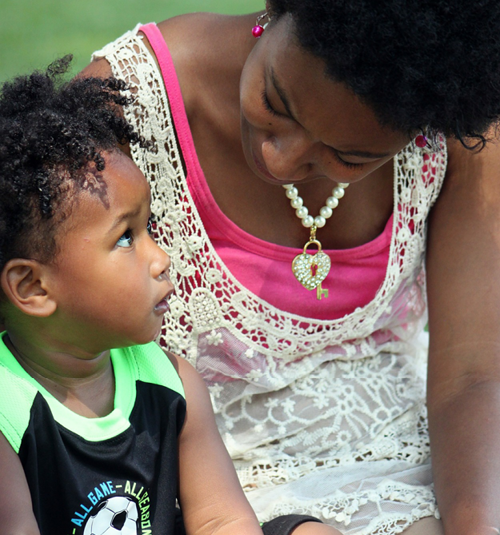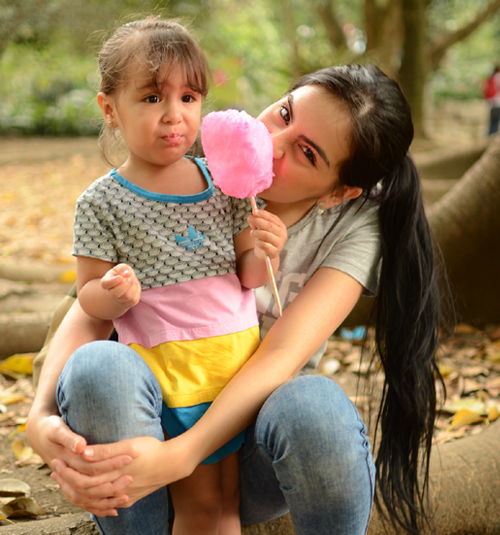By: Candice S. Watkins, MS, Program Supervisor, Foster, Kinship and Adoption Counseling Services
When children are placed in foster homes, they often have a variety of emotions because the experience can be confusing, frightening, and hurtful. Overwhelmed by so many different thoughts and feelings, children are often left feeling that they have no one trustworthy enough to help ease their anxieties. To provide proper care for and to make sure that they respond in an appropriate way, foster parents need to understand trauma: what it is, how it impacts child behavior, and how to respond.

You would be surprised to know that no matter the circumstance, children often think it was because of something that they did or did not do that led to them being removed from the care of their parents. Some children may think that wearing a short sleeved shirt in the middle of summer, with an exposed bruise, made it their fault that they were later questioned by a teacher and then separated from their parent and siblings. They may think that the last spat between them and their sibling was the reason why they can no longer live with their biological family. Too many times, children perceive their current circumstance as a deficit on their behalf.
If children are feeling insecure about who they are placed with, what the next day will be like, and when they will see their parent or siblings again, they are not likely to share the thoughts and feelings that are consuming their minds. Here is where you as a foster parent can help!
What can you do to help your foster child adjust to this new situation?

1. Let him or her know that they are not responsible for being separated from their parents.
2. Acknowledge that the child may be missing their parent(s). Let them know that it is okay for them to feel mixed emotions about being safe with you and wishing they were with their parent(s). The child will be more likely to share their feelings with you if they know that you can handle their complexity.
3. Try to answer their questions, but make sure that they are simple and truthful answers. Often times, children “know” that something is wrong but are not always able to articulate what that is. Speaking to them honestly and appropriately will help establish trust.
4. Refrain from speaking ill of their biological parent. Remember that they are connected to their parents both emotionally and biologically. Whatever you may say about their parent can be perceived as a reflection of themselves.
5. Let them know when visits with their parent(s) or sibling(s) will occur. Children often need support when they return home from these visits and that can look different for every child. Some children may need some cuddle time, some time alone and a check-in later, a special meal, or their favorite bedtime book. Be open to finding a way to give them that extra support when they return.
6. Have predictable schedules and routines. Knowing what is expected of them and what happens next helps children feel safe and secure. When they feel comfortable and safe, they are more likely to share their thoughts and feelings with you.
7. Find ways to show them that you are there for them and want to support them through this distressing time in their lives. Telling them that they have your support is great, but actions speak louder than words. Spending quality time with a child is the best way to earn their trust. A pat on the head, reading together, playing board games, and going for a bike ride are all ways to show that you are actively present and will continue to be there for them.

To help alleviate some of the initial pressures and potential hardships during the transitional period, we have several programs at Acenda designed to ease the process for everyone in your home:
Resource Family Support is designed to assist foster parents in navigating the resources available to them. The worker maintains a minimum monthly contact and is available by phone throughout the month and is there to help answer questions, provide support and link to services.
Strengthening Foster Children and Families is a therapeutic program designed to help children in foster care and their families navigate the challenges that exist without of home placement. Recognizing and managing the traumatic impact of placement with a Masters level clinician allows families to incorporate effective skills and minimize disruptions.
For more information, contact our main number at 844-4-ACENDA (844-422-3632).